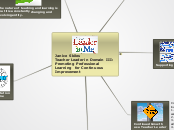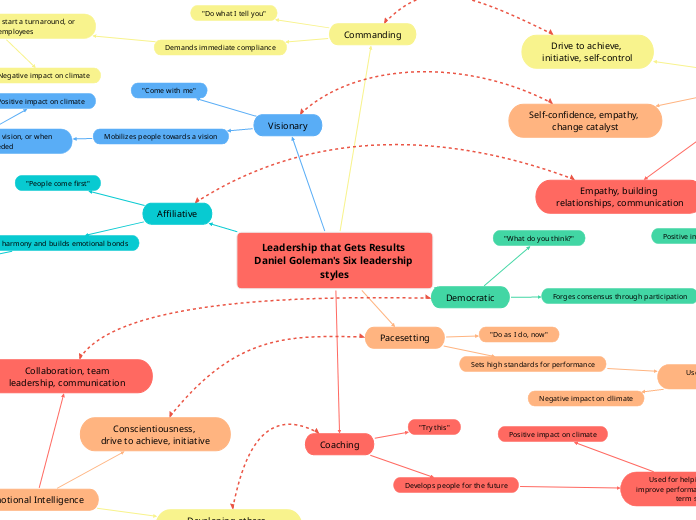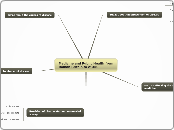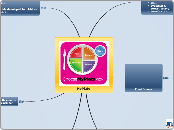Janice Skiles Teacher Leader in Domain III: Promoting Professional Learning for Continuous Improvement
Our training and experience throughout our careers can be credited for only a part of who we are as educators. Those unsung teacher leaders are and have been primary supports of good pedagogy for many teachers today. I hope to carry on that tradition of excellence by coming alongside other teachers who can help me continue to grow and who I might be able to help as well.
Approaches to Leadership
Casual Conversations with Administration, Teachers, and Aides
Critical Friends Grouping
These CFGs with their variety of stakeholders from principals to classroom aides, allow for realistic fixes for classroom problems to be suggested and discussed. It is a community forum among professionals whose goal is to better their practice in order to improve student performance. Each group is unique to the members and to the campus on which they serve. I see this approach as highly differentiated for those who participate, no cost to the district, and with the potential to make significant improvements to instruction on a campus.
Discuss Issues
Provide Feedback on Practice
Watch Video of Teaching
Peer Coaching - Click > for Overview
Implementation
Timeframe
Summer 2016 - Look at taking the practice of CFGs
to other campuses in the district.
May 2016 - Meet with the principal to review the
successes of the CFG and ways to improve it for
the following fall. Discuss possibility of establishing
2 groups.
October 2015 - May 2016 - Convene monthly meetings
of the Heath CFG
September 2015 - Meet first official Heath CFG.
August 2015 - Send out invitations to all staff
to join in the CFG at Heath. Set first meeting
as a social event at a local restaurant or home.
August 2015 - Have an initial planning meeting
with administration to get approval of structure
and purpose of our CFG at Heath
Summer 2015 - Research the specific structures used
in a CFG and seek out teachers to interview who have
established groups on their campuses. Look at data on
successful groups and analyze their approaches.
Spring 2015 - Distribute the Curry article on my campus to everyone. Discuss with colleagues the concept of a Critical Friend Group and determine who on the campus might be interested in participation.
Spring 2015 - I have discussed and
provided my principal with the Curry article
on Critical Friends Groups. She was very
eager for me to establish a group on our
campus.
The nature of teaching and learning is that it is a constantly changing and evolving entity.
Continued Growth
as a Teacher Leader
Continued growth as a teacher leader will
involve:
1. Development of relationships with my peers
2. Continued research into best practices
3. Fluid communications with administration
4. Establishing goals for my own growth
year to year
5. Further training in leadership skills/mentoring
/critical friends groups
Supporting Research
Bradbury, L. (2010). Educative mentoring: Promoting reform-based science teaching through mentoring relationships. Science Education, 1049-1071.
Curry, M. (2008). Critical Friends Groups: The Possibilities and Limitations Embedded in Teacher Professional Communities Aimed at Instructional Improvement and School Reform. Teachers College Record, 110(4), 733-774.
Roby, D. (2011). Teacher Leaders Impacting School Culture. Education, 131(4), 728-790.
Katzenmeyer, M., & Moller, G. (2001). Awakening the sleeping giant: Helping teachers develop as leaders (2nd ed.). Thousand Oaks, Calif.: Corwin Press.
Jackson, C., & Bruegmann, E. (2009). Teaching Students and Teaching Each Other: The Importance of Peer Learning For Teachers. American Economic Journal: Applied Economics, 1(4), 85-108.
Teachers Need Real Feedback - Click on Red "T"









